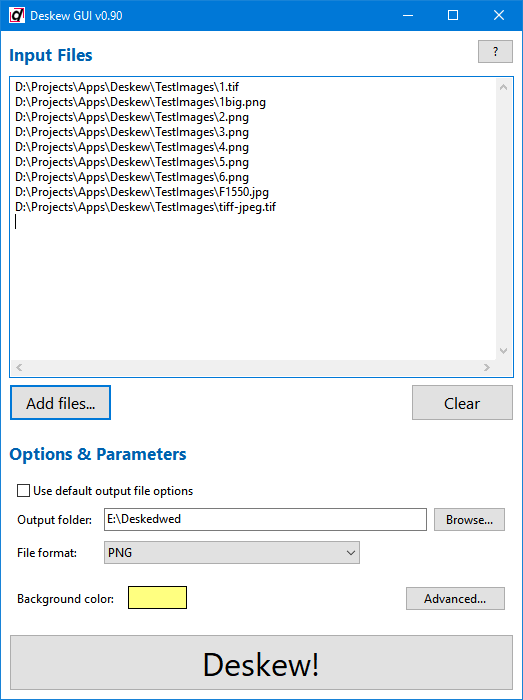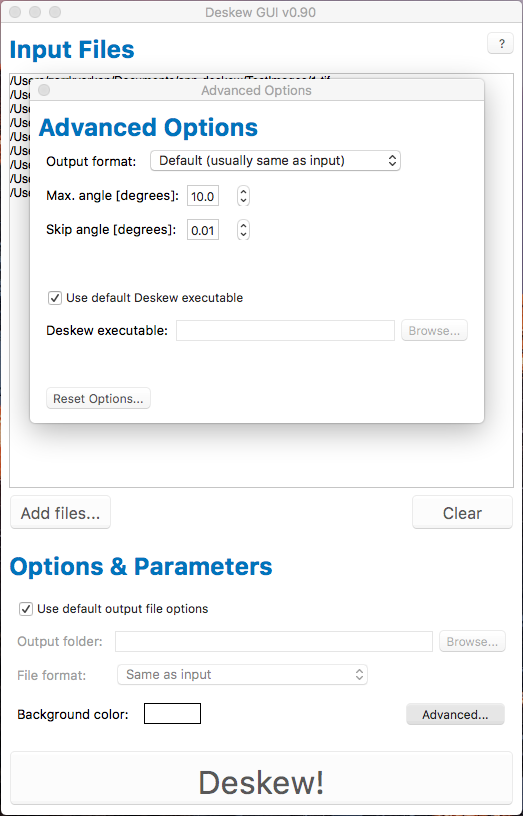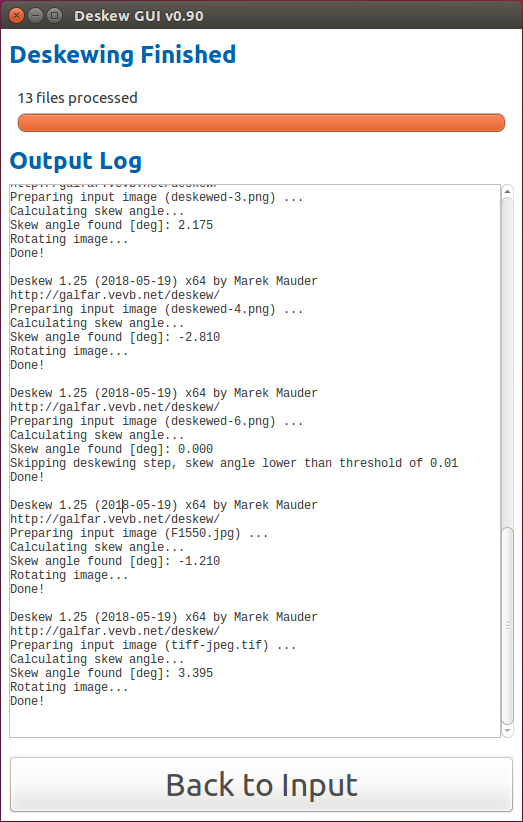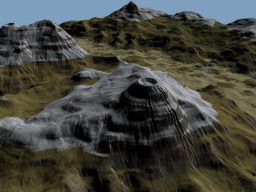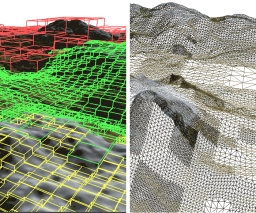New version of Deskew command line tool is ready. You can find general info about Deskew here Deskew Tools or check out README.
Main improvement for this version is better quality of rotated images. They're less blurry with default filtering, especially when rotated by less than one degree. You can now also select other filters, the choices are: nearest (no filtering, very fast), bilinear - default, bicubic, and Lanczos (overal best quality, pretty slow).
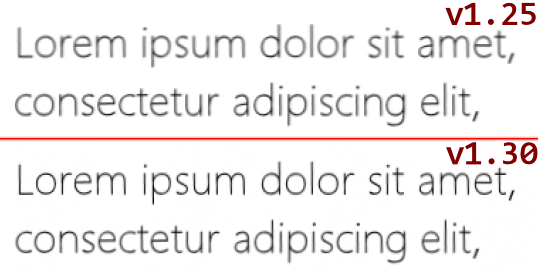
Change list for v1.30
- fix #15: Better image quality after rotation - better default and also selectable nearest|linear|cubic|lanczos filtering
- fix #5: Detect skew angle only (no rotation done) - optionally only skew detection
- fix #17: Optional auto-crop after rotation
- fix #3: Command line option to set output compression - now for TIFF and JPEG
- fix #12: Bad behavior when an output is given and no deskewing is needed
- libtiff in macOS is now picked up also when binaries are put directly in the directory with deskew
- text output is flushed after every write (Linux/Unix): it used to be flushed only when writing to device but not file/pipe.
Downloads
 Deskew v1.30
Deskew v1.30
» 4.3 MiB - 21,185 hits - June 19, 2019
Command line tool for deskewing scanned documents. Binaries for several platforms, test images, and Object Pascal source code included.
